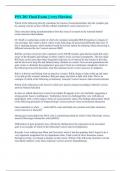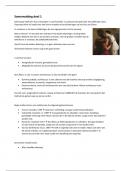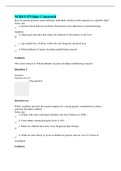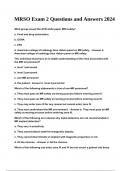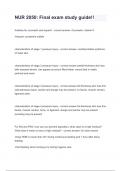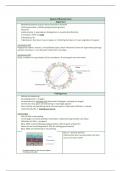Other
HED2601 ASSIGNMENT 2 2023 (ANSWERS)
- Course
- HED2601 (HED2601)
- Institution
- University Of South Africa (Unisa)
HED2601 ASSIGNMENT 2 2023 (ANSWERS) QUESTION 1 (23) 1.1 Read the passage below and answer the question that follows. The history of ECE is full of research evidence on the benefits of ECE. In recent times, scientific research has played a critical and important role in providing evidence ...
[Show more]




